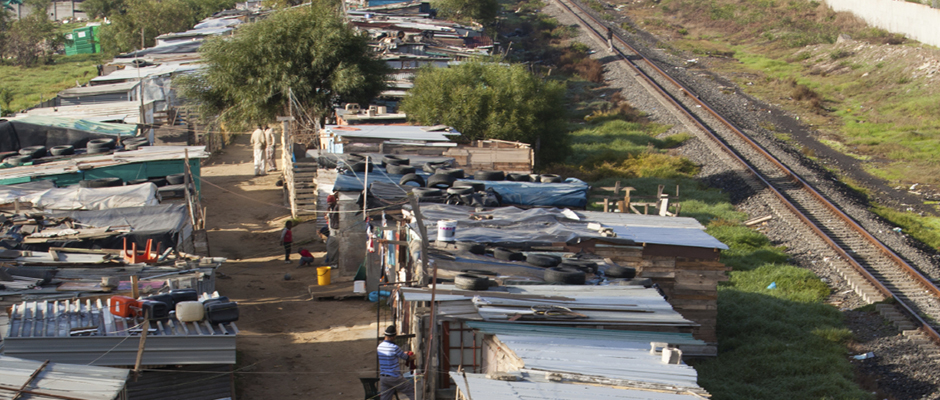Changing Socio-spatial Inequalities: Population Change and the Lived Experience of Inequality in Urban South Africa

While South Africa has made remarkable progress since the end of apartheid, the country continues to face acute levels of inequality. This is especially evident in urban areas, where rapid growth, migration from rural areas and the legacy of racial discrimination have created pronounced disparities in terms of housing, service access and employment.
Changing socio-spatial inequalities: population change and the lived experience of inequality in urban South Africa aims to draw out the lived experience of urban exclusion, with Cape Town as a case study. Combining historic data collection with in-depth qualitative surveys, the project will explore the city’s development over the past two decades and the way these changes are felt by residents today.
The research will provide an innovative information source on spatial inequality and how it is experienced as a day-to-day reality for the most excluded urban populations. These insights will be invaluable for policy makers and academics working on housing, planning and poverty alleviation in South African cities.
Christopher Lloyd (PI, Professor of Quantitative Geography)
David Avenell (GIS Specialist)
Monde Makiwane (Chief Research Specialist)
David McLennan (Senior Research Fellow)
Michael Noble (Executive Director)
Ben Roberts (Research Specialist)
Ivan Turok (Executive Director)
Gina Weir-Smith (Chief GIS Specialist)
Gemma Wright (Research Director)
Wanga Zembe-Mkabile (Senior Research Fellow)
• Comprehensive qualitative research in case study areas, including focus groups, surveys and data collection.
• Series of journal articles.
• Dissemination of findings through project website, conferences and seminars.